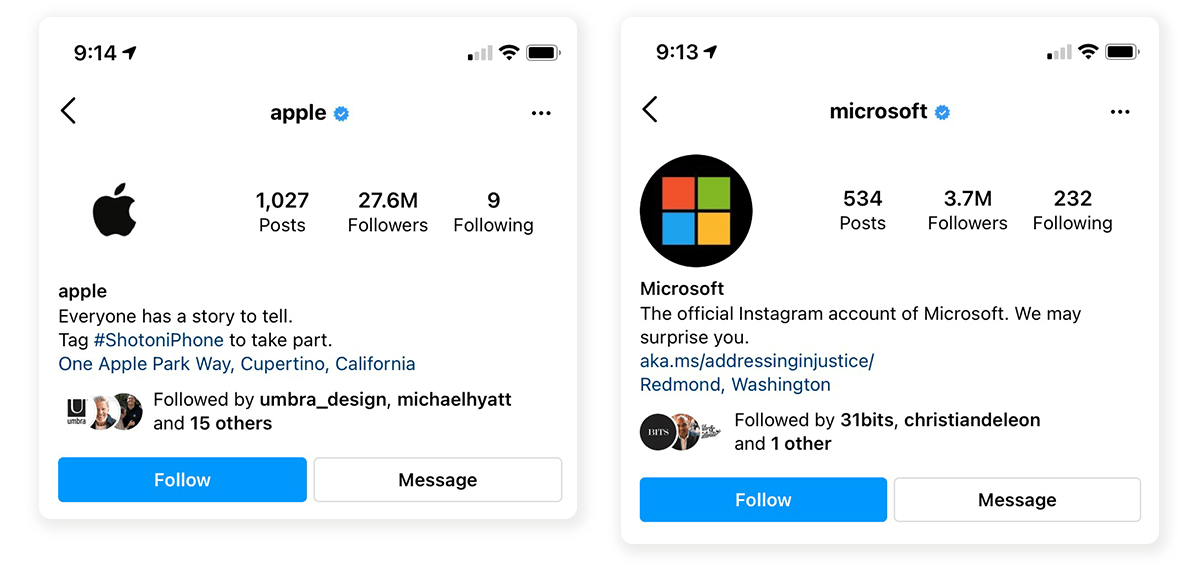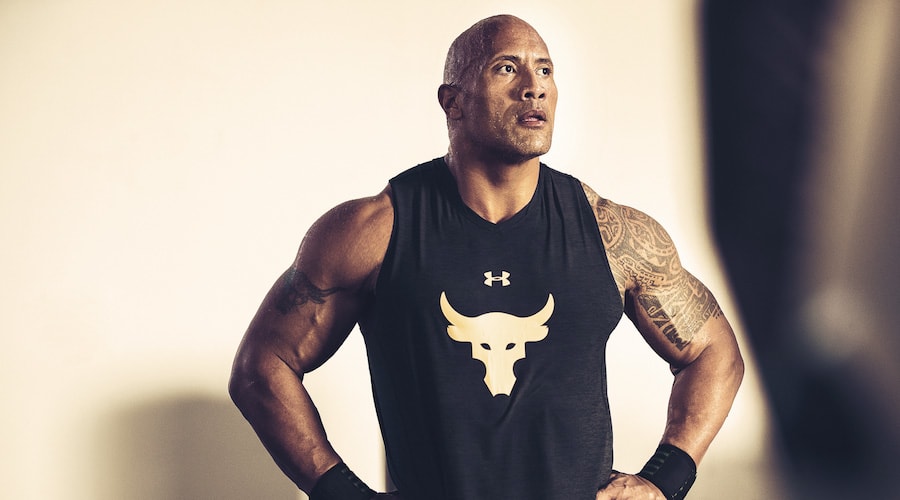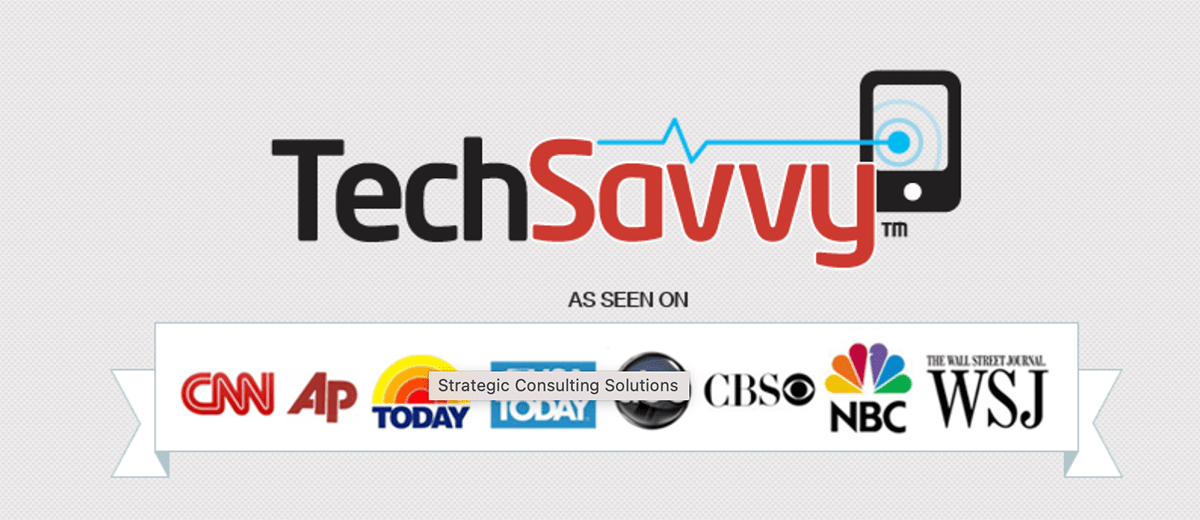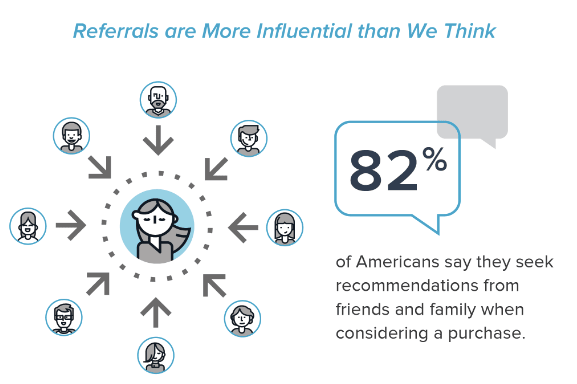In this post, we’ll walk through several social proof examples so you can apply them to your own ecommerce marketing efforts. (And recognize when brands are using them to influence you!)
Contemporary digital marketing strategies rely on psychology to figure out how to influence people to make a decision and then take a certain action. One of the most powerful tactics we have to help potential customers do this is social proof, which plays on the human tendency to look to other people’s behavior or advice to make a decision.
Social influence works so well because new customers or potential clients can’t look to themselves to make a choice about something they have no experience with. It’s human nature to look to others who have gone before us. Cue the search for input from others – what the whole idea of social proof is based upon.
What Is Social Proof?
Social proof is a popular tactic used in digital marketing to increase prospective customers’ trust in a product, service, or brand. Essentially, it helps reduce buyer uncertainty by showing that other people have had success with the option in question – and are now satisfied customers. It provides a shortcut for our brains when faced with a decision, and our brains love to take shortcuts.
Because others have done it, liked it, used it, or had success with it, people feel they will be able to as well. For example, when you purchase something on Amazon, it’s hard not to pay attention to the star rating and customer reviews and let them affect your purchasing decision. If two products are almost identical, it often comes down to reviews and star ratings to push a prospect across the finish line.
Likewise, if your friend recommends somewhere to eat over another place, you’d likely go with their suggestion because they are someone you trust, and they’ve gone before you in trying the food. In fact, 82% of Americans say they look for recommendations from friends and family before making a purchase, and the average customer reads about 10 online reviews before making a purchase decision. People don’t want to make decisions purely on their own, and what better way to support them than by providing a helpful hint from a trusted source?
The fascinating phenomenon within social psychology coined by psychologist Dr. Robert Cialdini in his book, Influence, is used by marketers in a variety of ways to increase the likelihood of a prospective customer saying “yes” to an offer by removing a level of uncertainty around their decision.
When others have gone before us in doing something we are considering, it makes it easier to decide as we can take cues from them. Just looking at the behavior and experience of another person helps our brains take advantage of that shortcut to arrive at a conclusion.
9 Social Proof Examples You Can Use in Your Marketing
There are a variety of ways to show social proof of your brand or product today. From product ratings to influencer marketing, there are many approaches you could take to implement social proof. Below are 9 different types of social proof and examples of how they are used to build customer trust.
1. User Social Proof
User social proof is a powerful thing. Think of the last online review you read. Did it influence your purchasing decision? Did it make it easier for you to say “yes” to that product? Positive reviews showcase happy customers so a prospective customer feels more confident in their decision after receiving first-hand testimony from a satisfied customer. In addition to customer reviews, user social proof can also come in the form of testimonials or star ratings found on a product page.
94% of customers say that ratings and reviews are the biggest factors in their purchasing decision, which shows how integral this kind of social proof has become to most customers when deliberating a purchase.
Examples:
Product Reviews: A customer review that includes images of a product can help to give an even fuller picture of the experience than those with just words. Seeing the product in a real-life context helps customers imagine it in their own context.

Star Ratings: According to research, star ratings do in fact affect sales. They are powerful indicators of the success of a product and can greatly influence customers’ purchasing decisions. That’s why companies use incentives to get customers to rate a product they’ve purchased and leave a review. Better ratings = more sales.

Customer Testimonials:Customer testimonials are another powerful form of social proof (when they’re done right). The best kind of customer testimonial is the one that goes beyond making vague claims and shares real results to prove why a particular product or service worked. Beyond a written testimonial, a video testimonial can add another level of trust. Videos appear even more trustworthy as prospective customers watch and listen to a satisfied customer taking the time to explain why they recommend a product or service or share about their positive customer experience.

2. Wisdom of the Crowds
Another social proof example is the “wisdom of the crowds.” This type of social proof plays on a customers’ FOMO, or fear of missing out.
It’s an idea that large crowds are “smarter than individuals” when it comes to making decisions or giving suggestions. So, when a large group of people give their approval for something or behave in a certain way, it has influence over another’s decision-making or behavior.
For example, if one company has more social media followers than its competitor, the one that seems more popular will likely be more favorable to a potential customer.

But, how can you use this type of social proof for your business if you can’t necessarily control how many social media followers you have?
There are other ways to show that the crowds are in favor of something. On your website, you can display how many users, customers, subscribers, etc., use your company and even compare it to competitors.
3. Stats & Data
Statistics and data help inform the decisions we make every day, and they tend to hold a lot of weight. Think, “3 out of 4 doctors say…” We’ve been trained to rely on stats and data since they are closely related to science and research, and because of this, they bring a greater sense of certainty to the table.
They can help prove the legitimacy, effectiveness, or popularity of your product or service.

4. Expert Social Proof
This kind of social proof calls upon experts in your industry to weigh in as influencers and give their approval or support of a certain product or service based on their specific knowledge and experience.
It can look like quotes on a website, or endorsements from authors, doctors, athletes, or anyone who can speak to the legitimacy of your product or service.
If you make claims about the outcome of what you’re selling, an industry expert confirming those claims goes a long way in building customer trust. If you can get an expert to write a product review, it adds a layer of trust that a customer review may not be able to provide.
5. Influencer Promotion
Influencers get their title because, well, they influence their followers. What they wear, eat, drink, and spend their time and money on gets viewed by thousands if not millions of people, and because they have a following (think wisdom of the crowds) and what they do influences others.
People trust the influencers they follow after feeling like they know them due to what psychologists now call the parasocial relationship. Media users feel like they know and can trust influential people as their friends, though the relationship is one-sided.
A recommendation from a friend goes a long way, and when it’s someone who feels like a friend and is also followed and trusted by thousands of others, a recommendation can have all the more power — which could be the reason that 93% of marketers have used influencer marketing, and it certainly doesn’t seem like it’s going away anytime soon.
6. Celebrity Endorsements
Celebrity social proof works similarly to expert social proof, and it plays on the parasocial relationship a bit as well, but the unique appeal to customers is purely because a celebrity is well known and famous.
It helps if the celebrity is known for something within the industry, but it isn’t necessary.
Matthew McConaughey promoting Lincoln is a great example of a celebrity endorsement that simply plays on notoriety. However, if a celebrity is known for, say, being extremely fit and promotes athletic gear, you get a few different kinds of social proof types working in your favor.
For example, Dwayne the Rock Johnson endorses UnderArmor. He’s not only one of the most well-known celebrities, but he’s also ripped which makes this endorsement seem like both a celebrity one and an expert one.

7. Wisdom of Friends
Wisdom of friends is a little trickier to implement because it often takes place naturally.
If a friend or a peer recommends something, 92% of people are likely to trust it. When was the last time your friend suggested one product over another after using it and you didn’t go with their suggestion? We trust our friends, and their experiences help us figure out who or what we can trust.
Wisdom of friends is actually a key influencer for Generation Z.
One way to try to get friends to tell their friends about your product or service is to give discount codes to customers or clients for sharing and successfully getting their friends on board. These referral programs can help provide social proof naturally.

8. Credentials & Awards
Industry credentials or awards are a great way to prove that others trust your brand. They send a trust signal by showing that the experts in the industry have recognized your product or service.
Any type of credentials or awards can be displayed on your website, social media, or published in a press release to show that industry professionals put their stamp of approval on your organization or product. These more “official” forms of social proof can build trust with your audience quickly because they work to prove the legitimacy of a company or product.
Think of seeing an ad that reads “voted best oral surgeon in Canada.” It automatically instills a sense of trust that not only have many many people evaluated this particular surgeon, but they’ve concluded the surgeon is the best among their competitors. This kind of social proof is powerful because it recognized that a product or service meets and exceeds industry standards which helps it to stand out among the rest. Would you rather go to the best oral surgeon in Canada, or the oral surgeon down the street? It makes the choice much easier for prospective customers to make.
9. Media Mentions or Recognition
This is most commonly used as “as seen in” sections that display different publications or media outlets that have either recognized or talked about your company, product, or services. The more notable the media outlet is, the more trustworthy and legitimate a product or service will seem.
For example, “as seen in Forbes” will probably instill more trust in a person than “as seen in Milwaukee Magazine.” Noting these mentions or recognitions on your website or social media can garner quick attention and give a new or potential customer more confidence in their purchase, as long as they trust the source of the recognition. Some common recognitions include those from news channels, popular publications, and talkshows as seen below.

A Few Last Words on Social Proof
If you look closely, you’ll likely notice social proof everywhere. Most marketers use at least one type of social proof in their marketing strategy, and oftentimes you’ll see multiple types in conjunction with one another to increase the sense of credibility and trustworthiness with potential customers.
Though we may not notice exactly when it’s happening, we all have made decisions based on social proof, and because it’s so powerful, most people have come to rely on it when making choices. (Even unconsciously!)
When you implement social proof marketing for your brand, it’s important to identify what social proof strategy works best for your particular offering. Many of them can play off of and compliment each other, but it’s important to be careful not to overdo the amount of social proof you implement.
Too much of a good thing can begin to give off the impression that you’re trying too hard to convince someone to purchase, or worse, that social proof was faked. Customers have become good at sniffing out fake or embellished social proof, so it’s important to ensure it comes across natural and genuine. As long as there’s a balance of social proof from different sources, you can play around with different combinations to see how your customers respond.
Whichever type of social proof you implement across your digital marketing efforts, the power behind it comes from the fact that it’s from customers, experts, celebrities, etc. and not the company simply making claims. The key is that it’s coming from a third party. So, the social proof you implement must always be from an external source and come across as genuine if it’s going to work to eliminate uncertainty for your potential customers or clients.
Your job is to use social proof to show, not tell that your product is the right choice. Learn how Coveo can help you highlight the right products, at the right time.
Dig Deeper
Social proofing is just one potential tactic in your larger ecommerce strategy. Dig into a few more with our ebook, The Ultimate Guide to Conversion Rate Optimization for Ecommerce. In it, you’ll get insights on product discovery, merchandising, recommendations, and so much more.
Get your copy today.



